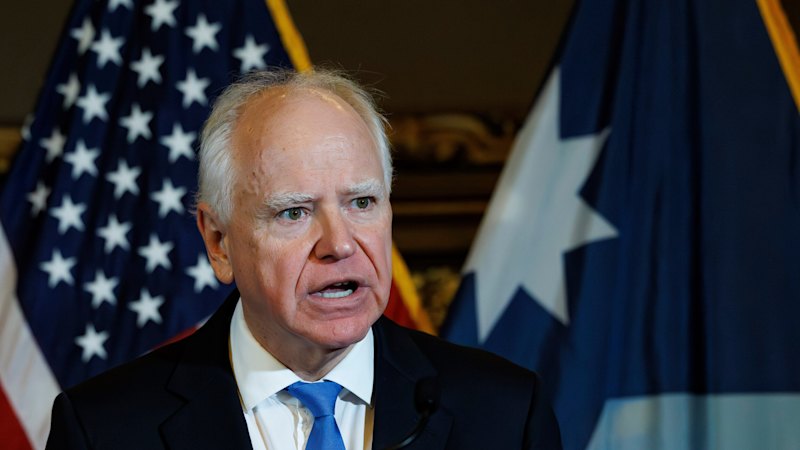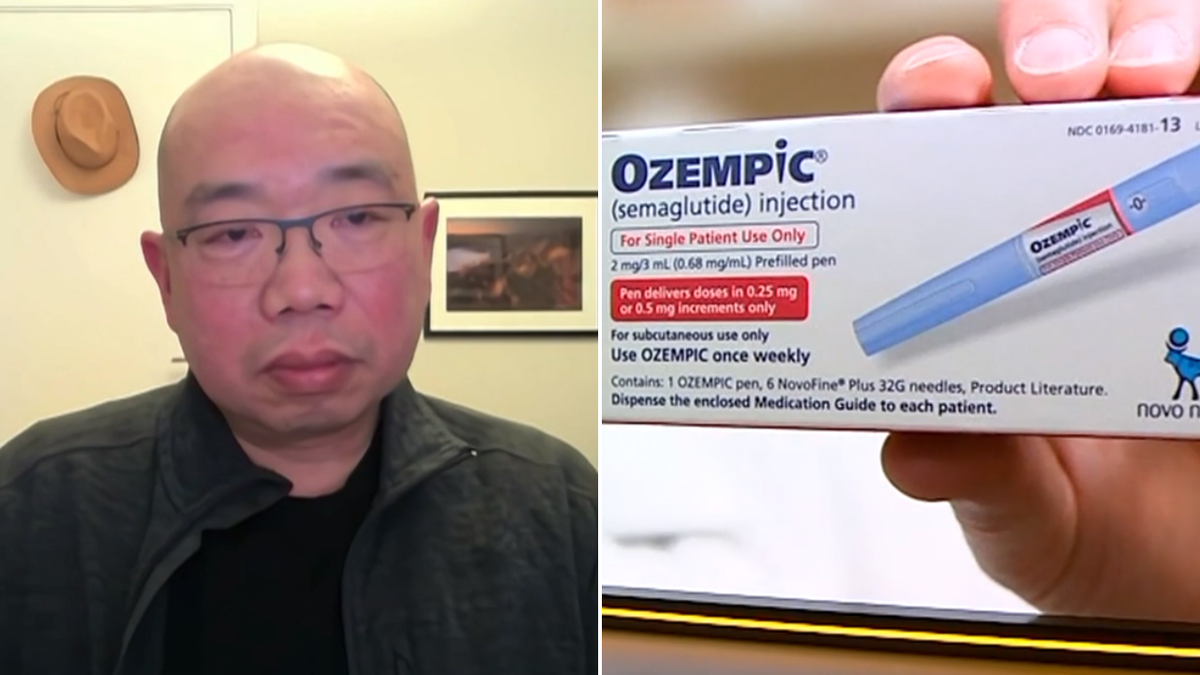
Australia’s health regulator has announced new measures to address unsafe prescribing practices related to medicinal cannabis. The Australian Health Practitioner Regulation Agency, commonly known as Ahpra, issued a warning to health professionals about prioritizing patient safety over financial gain. This decision comes in response to a dramatic increase in patient demand and concerns about aggressive marketing tactics used by clinics.
The rise in prescriptions has been alarming, with some practitioners issuing over 10,000 scripts within just six months. One individual reportedly issued more than 17,000 prescriptions, raising significant concerns regarding the thoroughness of patient assessments before prescribing. Ahpra has highlighted issues such as rapid consultations and a lack of comprehensive health management plans as critical areas needing attention.
According to the 2022–23 National Drug Strategy Household Survey, approximately 3% of Australians aged 14 and over reported using cannabis for medical purposes in the previous year, translating to around 700,000 individuals. Notably, Australians spent over A$400 million on medicinal cannabis products in the first half of 2024 alone.
Despite the noted problems, Ahpra’s recent measures do not introduce new regulations regarding prescribing or marketing practices. Instead, it serves as a reminder of existing guidelines, which some practitioners appear to be disregarding. The regulator expresses concern that many health practitioners are prescribing medicinal cannabis based solely on patient requests rather than evaluating whether it is an appropriate treatment option.
Investigating Marketing Practices
Medicinal cannabis has been legal in Australia since 2016, allowing doctors to prescribe it for various conditions when conventional treatments are ineffective. Patients now have access to medicinal cannabis in several forms, including capsules, oils, and dried flowers, often facilitated through online platforms.
A recent analysis of 54 private medicinal cannabis clinics revealed troubling trends in marketing practices. Many websites displayed aggressive and misleading advertising, making unverified health claims about their products. Some clinics even provided self-assessment tools, potentially misleading patients into believing they would benefit from treatment.
Marketing strategies included offers for same-day delivery, low consultation fees, and targeted social media ads designed to attract younger audiences. One examination uncovered over 170 active advertisements promoting medicinal cannabis on platforms like Facebook, Instagram, and Threads. These ads often employed vague messaging to elicit curiosity without directly stating their association with cannabis.
Calls for Stricter Regulations
While Ahpra’s initiative to improve the safety of medicinal cannabis prescriptions is commendable, critics argue that more decisive action is necessary. By merely reiterating existing rules without implementing stricter regulations, Ahpra may have missed an opportunity to enhance patient safety.
Recommendations include banning targeted advertisements on social media platforms aimed at younger demographics and providing clear guidelines for acceptable promotional practices. There is also a call for stronger repercussions for clinics that continue to engage in misleading advertising after being sanctioned.
Carmen Lim, a researcher receiving funding from the National Medical Health Research Council, emphasized the need for a broader focus on marketing practices in addition to prescribing patterns. She advocates for clear guidelines that can assist both clinics and prescribers in maintaining ethical standards while safeguarding patients’ health.
The ongoing discussion surrounding medicinal cannabis highlights the balance between accessibility for patients and ensuring responsible prescribing practices. As patient demand continues to grow, the need for comprehensive regulations and ethical marketing strategies becomes increasingly important.






